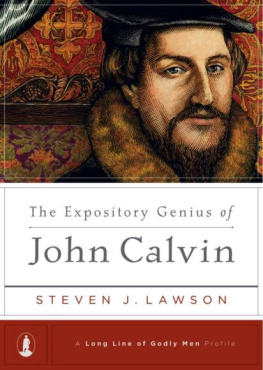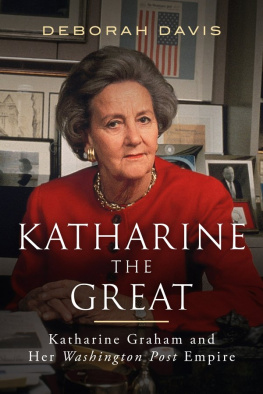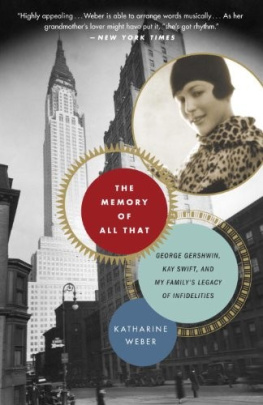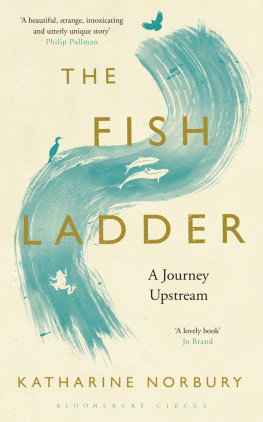Columbia University Press
Publishers Since 1893
New York Chichester, West Sussex
cup.columbia.edu
Copyright 2001 Columbia University Press
All rights reserved
E-ISBN 978-0-231-50436-2
Library of Congress Cataloging-in-Publication Data
Family-centered policies and practices : international implications / Katharine Briar-Lawson, Hal A. Lawson, and Charles B. Hennon, with Alan R. Jones.
p. cm.
Includes bibliographical references and index.
ISBN 0-231-12106-7 (cloth : alk. paper)ISBN 0-231-12107-5 (pbk. : alk. paper)
1. Family policy. 2. Family services.
HV697 .F353 2001
362.82dc21
00-060257
A Columbia University Press E-book.
CUP would be pleased to hear about your reading experience with this e-book at .
WE DEDICATE THIS BOOK to the millions of families whose tragedies, losses, and demise could have been prevented. Their pain has not been in vain. They have provided important lessons, which compel strategic action that promises to protect and strengthen families around the world.
The professionalism of this book makes it fascinating reading. Perhaps as fascinating as the International Year of the Family itself. The unanimous proclamation by the General Assembly of the United Nations of 1994 as International Year of the Family (IYF) was proof of the global concern over the future of the family and the growing interest in family issues around the world. Although there had been a certain fatigue with events of this kind, an international year devoted to the family was thought to be the type of subject that lent itself to the setting and achieving of tangible objectives with a common unifying motif: to bring together threads of social life that until recently had been treated separately and disjointedly.
Similar events of the past had stressed a sectoral approach to social problems by concentrating on selected aspects of human development (such as gender equality, children, the elderly, disabled members of families, drug abuse, crime prevention, violence in the family, environmental issues). In contrast, the subject of families offered a much more comprehensive and, at the same time, synthesizing approach, since families represented the fullest reflection, at the grassroots level, of the social and developmental welfare environment. Families bring down several important social issues to a common denominator of action. This proved to be an extremely important function of IYF on the eve of the World Summit for Social Development, held in Copenhagen, Denmark, in March 1995, as well as in the light of a series of other global conferences of the 1990s, notably the World Summit for Children, United Nations Conference on Environment and Development, World Conference on Human Rights, International Conference on Population and Development, and the Fourth World Conference on Women: Action for Equality, Development, and Peace. Thus, IYF was not an isolated project, one taking place in a vacuum. It had been conceived and pursued in full harmony with the overall development efforts of the international community. In fact, it constituted a major step toward human-centered sustainable development. This intimacy and essentiality of IYF to the global processes became all the more striking in the context of the definition of human development as development of the people, for the people and by the people.
The theme of IYF, Family: resources and responsibilities in a changing world, was pragmatic enough, with emphasis on increasing awareness of family issues among governments as well as in the private sector: to highlight the importance of families, encourage a better understanding of their functions and problems, promote knowledge of the economic, social, and demographic processes affecting families, and focus attention upon the rights and responsibilities of family members. Its motto, Building the smallest democracy at the heart of society, depicted the everlasting truth that democracy is a way of life that needs to be learned and practiced. Family, as the heart of society, is democracys fundamental learning place. Families founded on the principles of equality, the inviolability of the rights and responsibilities of the individual, mutual respect, love, and tolerance can be a natural cradle of democracy. Such families are the foundation for the well-being of individuals, societies, and nations. Efforts to build a civil society, based on the principles of human rights and democracy, can succeed only when these principles are learned, practiced, and respected in families. This is both a message and a challenge of a tall order: to work together toward a human society where children and adolescents feel that their voices are heard, and where men and women live in partnership, based on equality and mutual respect. Only then can there be a well-functioning two-way communication between the community at the grassroots level and society at large. Only then can children come to understand the underlying principles of democracy and how to integrate them in their own personalities and daily life.
The rationale behind IYF was loud and clear: families are, and have been, universally present and recognized in some form in all societies. In all cases, they have been fundamentally important to the structure and action of societies of which they are part. Families are basic, fundamental elements of the human experience and builders of social cohesion. They offer an integrated approach to social progress and development, with a view to instituting family-sensitive policies in family-friendly societies.
In what we used to refer to as the global village, the notion of the family can have many meanings. The world has shrunk. The concept of the family has expanded: from blood relations and ties based on affection, to veritable community of interest, self-support, and mutual advantage. We can also observe this dynamic process in Europe and North America, where family issues remain a hot topic. In the overwhelming majority of cases, people would still be ready to paraphrase Winston Churchill: Right or wrongmy family; or reword another English saying: My familymy castle. Yet, it is equally true that too many women, men, and children cannot but conclude: My familymy drama, my tragedy. This is why it would be utterly wrong to either idealize or condemn the family institution.
War, violence, extreme poverty, social exclusion, substance abuse, hunger, gender discrimination, domestic violence, and disease are just a few of the numerous specters haunting families everywhere. The recent sociopolitical transitions in many countries have placed millions of families in totally alien situations, left to themselves without support to survive under the emerging mechanisms of market economies. The current number of refugee families is unprecedented in history. Many families, especially those headed by single-parent females, find the constant need to balance work and familial responsibilities to be among the most demanding aspects of daily life. With severe fiscal pressures, social services are cut back, reducing the safety net for the population at the very time when it is most needed.
Fundamental to the notion of family seems to be a dichotomy between the presence of the repressive, hierarchical structures of family life and the absence of a sense of moral obligation, awareness, and solidarity concerning others needs and rights; the dichotomy between power and control, on the one hand, and the equal and inalienable rights of all family members, on the other; the dichotomy between the major components of what the secretary-general of the United Nations, Kofi Annan, defines as











![Briar Lee Mitchell [Briar Lee Mitchell] - Game Design Essentials](/uploads/posts/book/119420/thumbs/briar-lee-mitchell-briar-lee-mitchell-game.jpg)
